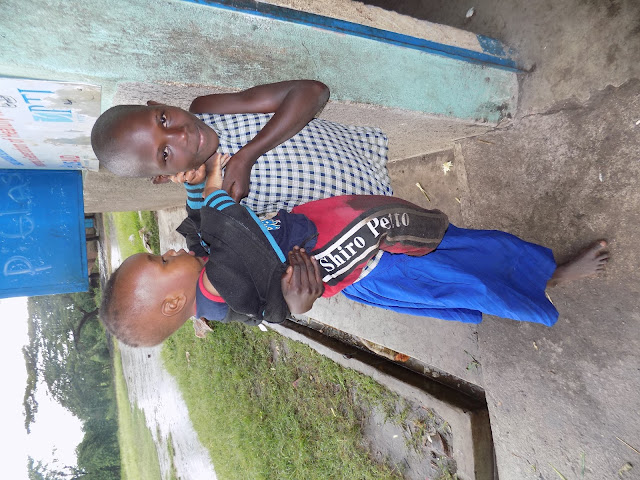KALI LAUNCHES A NEW PROJECT
KALI in partnership
with CELAK vocational college have launched the Skills Development Fund project
to skill the youth in Kasese District. The launch took place on 18th July 2018, at
White House gardens in Kasese Munincipality.
It was graced by the ACAO Mr. Asaba Wilson, the DCDO
Mr. Begumira Faisal, different religious leaders, civil society Organizations,
Media, KALI board members and the target sub counties leadership.
The ACAO appreciated the efforts that KALI and CELAK put
in fundraising for the youth and people of Kasese. He pledged to support the
project actions for its successful and sustainable implementation.
In the meeting, participants agreed to divide the
beneficiaries and Bwesumbu Sub County was given a slot of 20 trainees because
the sub county had never received such project and also it was affected by
conflicts which increased vulnerability of most youth whose parents/ guardians
were killed.
About the project
This project is
called “Strengthening
Youth Empowerment through vocational training and skills development” funded by
Enabel.
It is targeting 65 youth in the sub counties of
Bwesumbu, Karambi, L. Katwe and Munkunyu. It is looking at the youth in the age
bracket of 15-25 years who are either primary or secondary
dropouts with no hope of furthering their education.
These
youth will be trained by CELAK vocational college in the skills of hair
dressing, Carpentry and Joinary and Pastry and Bakery.
The
main objective of this project is to Increase employment and house hold income
of the target youth through training in marketable practical skills in the
District by 2020.
The
courses will be purely hands on practical training, so that after the 9 months,
the beneficiaries will be able to earn their own money rather than job
searching.
The
project will be implemented for a period of one year with a total budget of 49,999 euros.


